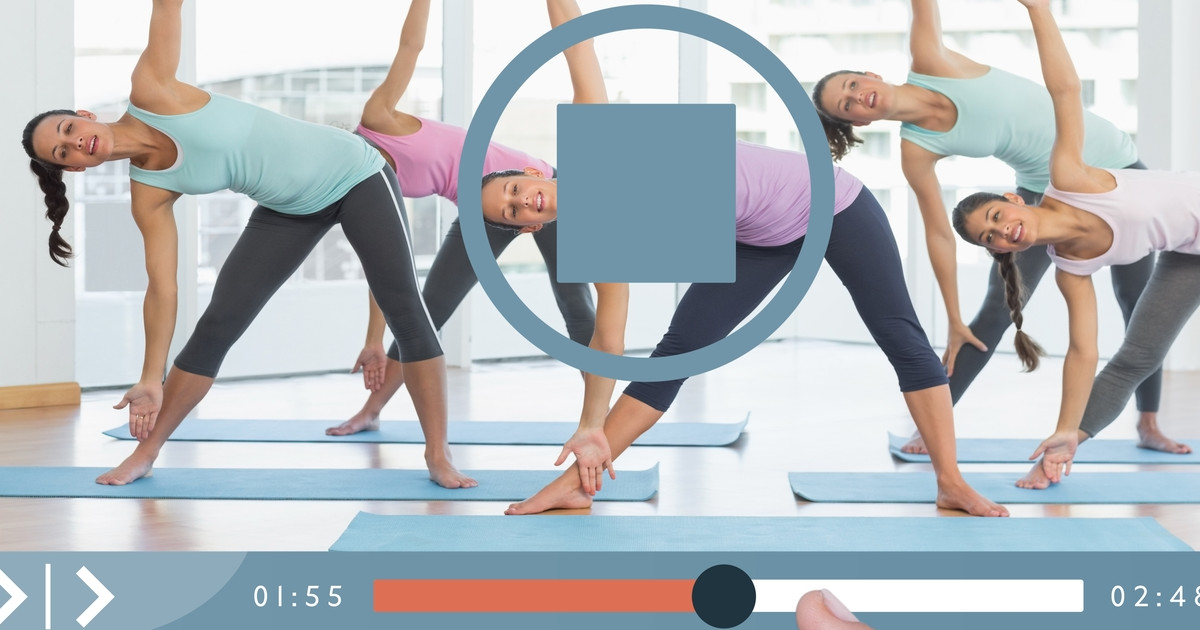Guide To Treating Isolation Depression
Depression, a mental health condition, affects over 300 million individuals around the world. It can cause individuals to lose interest in activities they used to enjoy. It is also associated with persistent feelings of emptiness, hopelessness, and sadness. Other symptoms include sleep issues as well as weight and appetite changes. Isolation depression is depression that occurs as a result of being isolated from others. This form of depression became significantly more common in 2020.
Thankfully, there are many depression remedies available. Many of the traditional treatments for depression can help with isolation depression. Examples include depression medication and light therapy for depression. However, individuals dealing with isolation depression should also seek out specific isolation depression treatments.
Adopt A Pet

Patients struggling with isolation depression may want to consider adopting a pet. Pets can provide companionship and help their owners feel needed and loved. Studies suggest that taking care of pets can reduce loneliness and give individuals a sense of purpose and fulfillment. In particular, having a dog as a pet has been shown to increase the amount of exercise that patients receive each week.
A 2019 study found that individuals who owned dogs get an average of three hundred minutes of walking each week, and those who did not have dogs only walked for one hundred every week. When choosing a pet to adopt, it is essential to consider the home and yard space available. Typically, homes with fenced backyards are best for dogs. Renters may not be able to have certain types of pets. However, even if adopting a dog or cat is not possible, fish, hamsters, and smaller animals still provide companionship and fulfillment.
Exercise More Often

Exercise naturally boosts the body's levels of endorphins. This can help improve mood and wellbeing. For patients with mild isolation depression, exercise can be as effective as antidepressants in relieving symptoms. The hippocampus is the brain region that is responsible for mood regulation. It is smaller in those with depression, including isolation depression. Exercise has been shown to promote nerve cell growth in the hippocampus. Patients with isolation depression should start with small goals for exercise, especially since depression can reduce their energy levels. For example, walking to the end of the street is an excellent place to start. Individuals can slowly increase their walking distance so that they eventually walk around their entire neighborhood.
If their isolation depression makes it difficult for them to leave the house, exercise videos can be useful. These videos allow individuals to exercise indoors as a way to increase their daily physical activity. Individuals may also want to consider purchasing a treadmill or other indoor exercise equipment. There are also some fitness applications and online fitness classes that individuals can take in the comfort of their own home. This is a great way to increase their social interaction. Many individuals have stated that these applications and classes have been especially helpful during periods of isolation throughout the COVID-19 pandemic.
